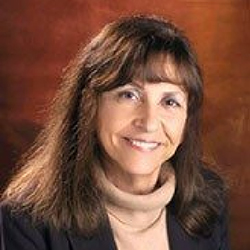Reliability and Safety of Intelligent Systems
Featured Speakers

Verimag Laboratory, France
Why is self-driving so hard? Despite the enthusiastic involvement of big technological companies and the massive investment of many billions of dollars, all the optimistic predictions about self-driving cars “being around the corner” went utterly wrong.
I argue that these difficulties emblematically illustrate the challenges raised by the vision for trustworthy autonomous systems. These are critical systems intended to replace human operators in complex organizations, very different from other intelligent systems such as game-playing robots or intelligent personal assistants.
I discuss complexity limitations inherent to autonomic behavior but also to integration in complex cyber-physical and human environments. I argue that existing critical systems engineering techniques fall short of meeting the complexity challenge. I also argue that emerging end-to-end AI-enabled solutions currently developed by industry, fail to provide the required strong trustworthiness guarantees.
I advocate a hybrid design approach combining model-based and data-based techniques and seeking tradeoffs between performance and trustworthiness. I also discuss the validation problem emphasizing the need for rigorous simulation and testing techniques allowing technically sound safety evaluation.
I conclude that building trustworthy autonomous systems goes far beyond the current AI vision. To reach this vision, we need a new scientific foundation enriching and extending traditional systems engineering with data-based techniques.
Keynote Speakers

Principal and vice-chancellor, University of Strathclyde, UK


US National Academy of Engineering, USA

Chinese Academy of Sciences, China
Invited Industry Speakers



